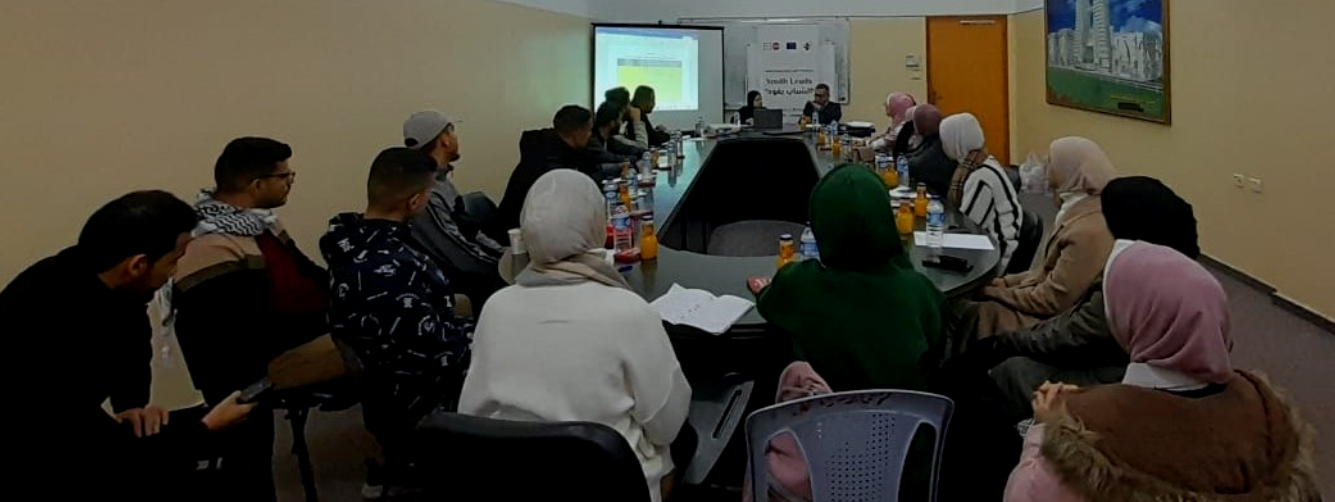
MIFTAH recently released 2021-2022 comparative actual spending reports for the social sector (health, education, higher education and scientific research, social development and labor), and for the first time, the security sector (Ministry of Interior and National Security). The reports were based on annual financial data released by the Ministry of Finance in Palestine for 2021-2022 and on an accrual basis.
The data showed that the Ministry of Interior and National Security had the highest percentage of actual spending in 2022, accounting for 22.8% of overall public expenditures, or ILS3.68 billion. This was a slight increase from the Ministry’s share in 2021. Meanwhile, actual spending on the education sector (Ministry of Education, Higher Education and Scientific Research) stood at 21.5% of overall public expenditures, or ILS3.48 billion. This was also an increase from the education sector’s share in 2021, which was 20.6% of public expenditures.
Moreover, actual spending on the Ministry of Health also increased in 2022, comprising 15% of overall public expenditures, at a sum of ILS2.4 billion. This was higher than in 2021, where its share was 14.4%. As for the Ministry of Social Development, actual spending was still low, amounting for 6.2% of overall public expenditures in 2022, compared to 5.8% in 2021. The Ministry of Social Development’s actual spending in 2022 was approximately ILS1 billion. As for the labor sector, actual spending on this sector in 2022 was 0.31% of overall public expenditures, while in 2021 it was 0.28%. Actual spending on the labor sector in 2022 was ILS50.1 million.
Upon review of actual spending reports of the targeted ministries from a gender and social justice perspective, it is clear that actual spending on the Ministry of Social Development does not coincide with the scope of its responsibilities as the forerunner of the social sector in Palestine, including its programs for combatting poverty and the protection of poor and marginalized social sectors. Moreover, non-compliance to the disbursement of payments for poor families within the CTP continued according to estimates, whereby only two of four installments for 2022 were disbursed, one at minimum value. This adversely affected the financial security of the most underprivileged and marginalized sectors of society, in addition to the insufficient estimated budget and actual spending on the social protection program, in spite of its importance in providing protection and social services to battered women, children, special-needs persons and the elderly.
The data also pointed to the low percentage of women working in the security sector, which stood at 6% of the total number of workers in this sector, while they comprised 46% of the civil sector. This shows a gap in actual spending on the security sector from a gender perspective, given that the lion’s share of actual spending in 2022 was on salaries and wages. Hence, women only benefited very little from these allocations, which were nearly ILS2.9 billion in 2022.
The data also indicated that the development expenditures for the Ministry of Labor were only ILS4.5 million in 2022, even though planned development expenditures were ILS32 million, which is much higher. This casts a shadow on gender-related programs and projects, which were allotted sizeable budgets within development expenditures, such as creating sustainable opportunities as alternatives for Palestinian men and women working in settlements, for which ILS10 million were earmarked.
Even though there was an increase in actual spending in 2022 at the targeted ministries in general, this increase was mainly concentrated on salaries and wages. In spite of the importance of providing a decent life for employees, there is still a need to increase spending on development expenditures, since they are at the forefront of developing government services, including the nationalization and institutionalization of various social services.







